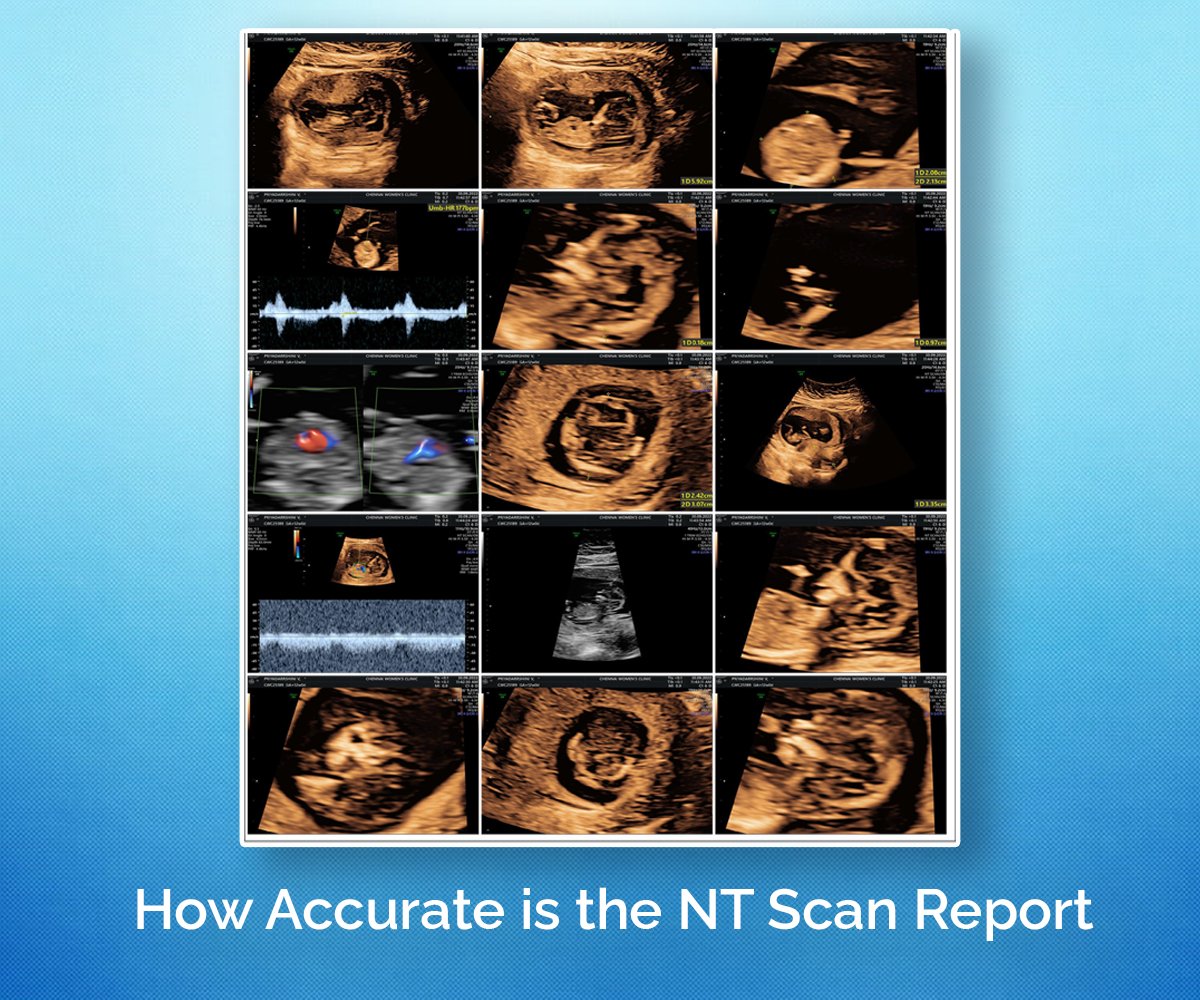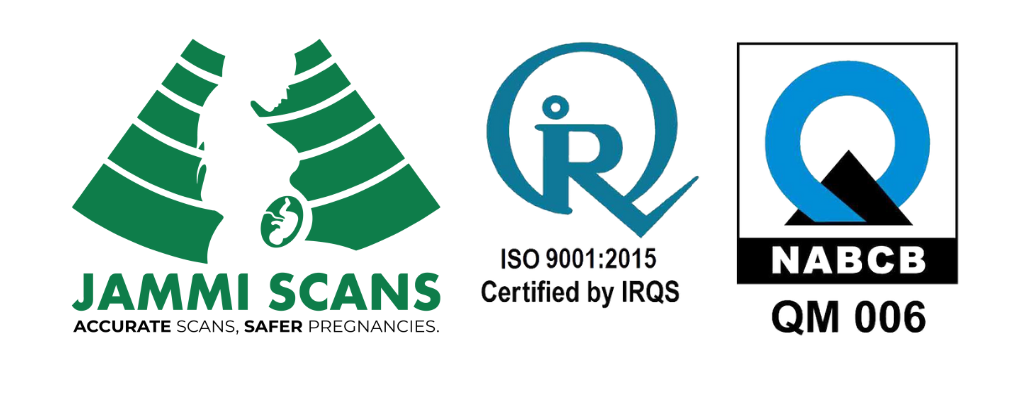How NT scan results accuracy
(Nuchal Translucency) NT scan result accuracy has an accuracy rate of 70%. But it isn’t a diagnostic tool for Down’s syndrome or other chromosomal abnormalities. It is also said to have false positive reports on a scale of 5% out of 100. However, there is a greater accuracy when an NT scan is done along with blood markers, which includes free beta hCG(Human Chorionic Gonadotropin) and PAPP-A(Pregnancy Associated Plasma Protein-A).
However, there is a greater accuracy when an NT scan is done along with blood markers, which includes free beta hCG(Human Chorionic Gonadotropin) and PAPP-A(Pregnancy Associated Plasma Protein-A). What percent of NT scans are abnormal?
NT value above 3.2 mm is considered a high risk for abnormality. According to the studies, 43% of fetuses with NT more than 95th percentile had either structural or genetic problems, with rates rising in direct proportion to NT enlargement.
The percentage of abnormalities increased from 42.3% (n=213) for NT between 3.5 and 4.9 mm to 79.6% (n=129) for NT8.0 mm. Sixty-two percent of fetuses with NT more than 99th percentile had an abnormality.

One in five of the fetuses with an NT between the 95th and 99th percentile had a congenital defect.
Do all infants with Down syndrome lack a nasal bone?
NT scan that is done during the first trimester gives information about the presence or absence of nasal bone in the baby. The absence of nasal bone is a strong suggestive marker for Down’s syndrome.
But, the absence of nasal bone doesn’t always apply in detecting the abnormality. It might also be due to delayed ossification(the process of formation) of the bone or nasal hypoplasia which is a condition where the nasal bone is smaller. Having said that, the nasal bone isn’t conclusive evidence.
What are the signs of Down syndrome on ultrasound?

Even though the test for Down’s syndrome isn’t mandatory for all pregnant women, it is recommended to most of them to avoid delayed diagnoses that end up endangering the mother and the baby.
What is the NT for Down syndrome?
The normal value of NT is 1.6mm-2.4mm in thickness. Even if the values don’t give us the diagnosis of Down’s syndrome, an elevation in the values suggests an increased risk for Down’s syndrome.

NT value above 3.2 mm will be taken under consideration for further diagnostic tests. However, NT isn’t the only marker to predict Down’s syndrome in a baby.




